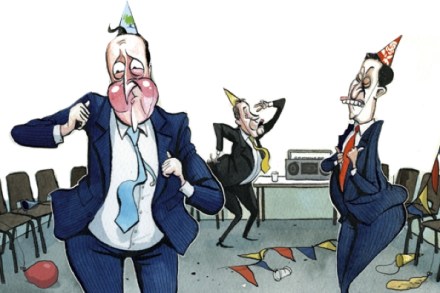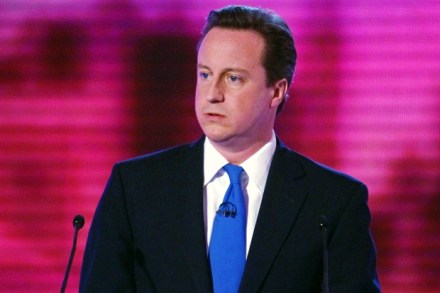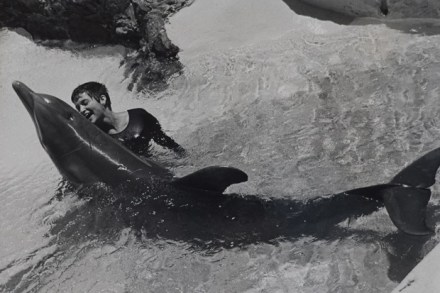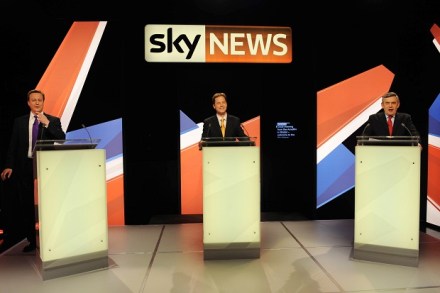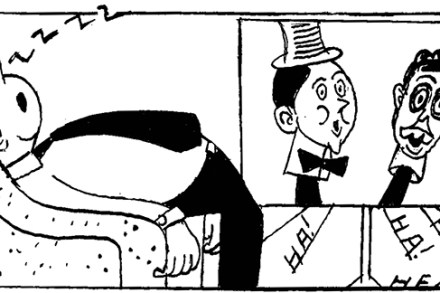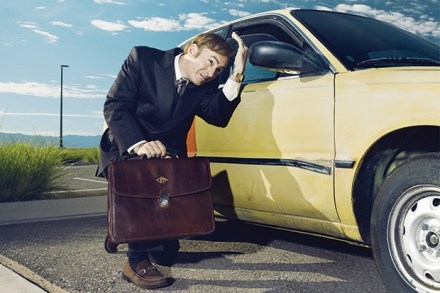David Cameron wants to party like it’s 2011
This was a landmark week in this long election campaign. It was the first this year in which two pollsters (YouGov and Lord Ashcroft) each posted a Conservative lead outside of the margin of error. A 4 per cent lead for the blues may not sound like much – but it represents the largest Conservative lead on YouGov in more than three years. Indeed, of the 12 polls published so far this March, Labour have led in just 4 – compared to 27 leads out of 39 throughout February. It may be nothing. But I somehow suspect otherwise. If you said to me following the 2010 election that Ukip would
